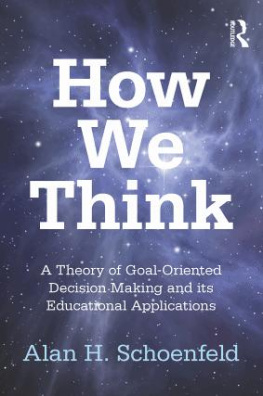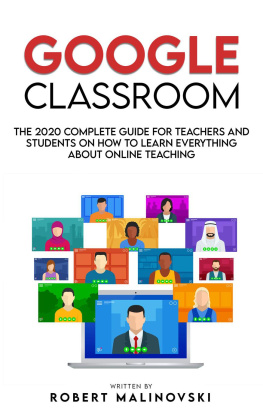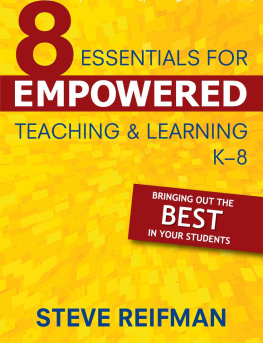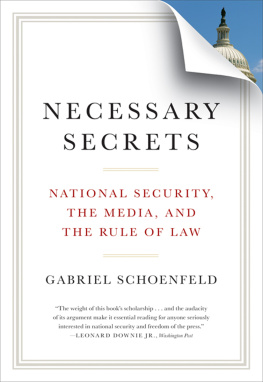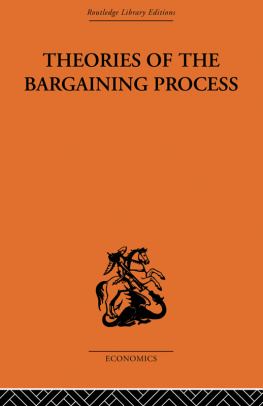
How We Think
Teachers try to help their students learn. But why do they make the particular teaching choices they do? What resources do they draw upon? What accounts for the success or failure of their efforts? In How We Think, esteemed scholar and mathematician Alan H. Schoenfeld proposes a groundbreaking theory and model for how we think and act in the classroom and beyond. Based on thirty years of research on problem solving and teaching, How We Think provides compelling evidence for a concrete approach that describes how teachers, and individuals more generally, navigate their way through in-the-moment decision making in well practiced domains. Applying his theoretical model to detailed representations and analyses of teachers at work as well as of professionals outside education, Schoenfeld argues that understanding and recognizing the goal-oriented patterns of our day-to-day decisions can help identify what makes effective or ineffective behavior in the classroom and beyond.
Alan H. Schoenfeld is the Elizabeth and Edward Conner Professor of Education and Affiliated Professor of Mathematics at the University of California, Berkeley.
Studies in Mathematical Thinking and Learning
Alan H. Schoenfeld, Series Editor
Artzt/Armour-Thomas/Curcio Becoming a Reflective Mathematics Teacher: A Guide for Observation and Self-Assessment, Second Edition
Baroody/Dowker (Eds.) The Development of Arithmetic Concepts and Skills: Constructing Adaptive Expertise
Boaler Experiencing School Mathematics: Traditional and Reform Approaches to Teaching and Their Impact on Student Learning
Carpenter/Fennema/Romberg (Eds.) Rational Numbers: An Integration of Research
Chazan/Callis/Lehman (Eds.) Embracing Reason: Egalitarian Ideals and the Teaching of High School Mathematics
Cobb/Bauersfeld (Eds.) The Emergence of Mathematical Meaning: Interaction in Classroom Cultures
Cohen Teachers Professional Development and the Elementary Mathematics Classroom: Bringing Understandings to Light
Clements/Sarama/DiBiase (Eds.) Engaging Young Children in Mathematics: Standards for Early Childhood Mathematics Education
English (Ed.) Mathematical and Analogical Reasoning of Young Learners
English (Ed.) Mathematical Reasoning: Analogies, Metaphors, and Images
Fennema/Nelson (Eds.) Mathematics Teachers in Transition
Fennema/Romberg (Eds.) Mathematics Classrooms That Promote Understanding
Fernandez/Yoshida Lesson Study: A Japanese Approach to Improving Mathematics Teaching and Learning
Greer/Mukhopadhyay/Powell/Nelson-Barber (Eds.) Culturally Responsive Mathematics Education
Kaput/Carraher/Blanton (Eds.) Algebra in the Early Grades
Lajoie Reflections on Statistics: Learning, Teaching, and Assessment in Grades K12
Lehrer/Chazan (Eds.) Designing Learning Environments for Developing Understanding of Geometry and Space
Ma Knowing and Teaching Elementary Mathematics: Teachers Understanding of Fundamental Mathematics in China and the United States, Anniversary Edition
Martin Mathematics Success and Failure among African-American Youth: The Roles of Sociohistorical Context, Community Forces, School Influence, and Individual Agency
Martin (Ed.) Mathematics Teaching, Learning, and Liberation in the Lives of Black Children
Petit/Laird/Marsden A Focus on Fractions: Bringing Research to the Classroom
Reed Word Problems: Research and Curriculum Reform
Romberg/Fennema/Carpenter (Eds.) Integrating Research on the Graphical Representation of Functions
Romberg/Carpenter/Dremock (Eds.) Understanding Mathematics and Science Matters
Romberg/Shafer The Impact of Reform Instruction on Mathematics Achievement: An Example of a Summative Evaluation of a Standards-Based Curriculum
Sarama/Clements Early Childhood Mathematics Education Research: Learning Trajectories for Young Children
Schliemann/Carraher/Brizuela (Eds.) Bringing Out the Algebraic Character of Arithmetic: From Childrens Ideas to Classroom Practice
Schoenfeld How We Think: A Theory of Goal-Oriented Decision Making and its Educational Applications
Schoenfeld (Ed.) Mathematical Thinking and Problem Solving
Senk/Thompson (Eds.) Standards-Based School Mathematics Curricula: What Are They? What Do Students Learn?
Solomon Mathematical Literacy: Developing Identities of Inclusion
Sophian The Origins of Mathematical Knowledge in Childhood
Sternberg/Ben-Zeev (Eds.) The Nature of Mathematical Thinking
Stylianou/Blanton/Knuth (Eds.) Teaching and Learning Proof across the Grades: A K16 Perspective
Sultan/Artzt The Mathematics That Every Secondary Math Teacher Needs to Know
Watson Statistical Literacy at School: Growth and Goals
Watson/Mason Mathematics as a Constructive Activity: Learners Generating Examples
Wilcox/Lanier (Eds.) Using Assessment to Reshape Mathematics Teaching: A Casebook for Teachers and Teacher Educators, Curriculum and Staff Development Specialists
Wood/Nelson/Warfield (Eds.) Beyond Classical Pedagogy: Teaching Elementary School Mathematics
Zaskis/Campbell (Eds.) Number Theory in Mathematics Education: Perspectives and Prospects
How We Think
A Theory of Goal-Oriented Decision Making and its Educational Applications
Alan H. Schoenfeld
NEW YORK AND LONDON
First published 2011
by Routledge
270 Madison Avenue, New York, NY 10016
Simultaneously published in the UK
by Routledge
2 Park Square, Milton Park, Abingdon, Oxon OX14 4RN
Routledge is an imprint of the Taylor & Francis Group, an informa business
This edition published in the Taylor & Francis e-Library, 2010.
To purchase your own copy of this or any of Taylor & Francis or Routledges collection of thousands of eBooks please go to www.eBookstore.tandf.co.uk.
2011 Taylor & Francis
The right of Alan H. Schoenfeld to be identified as author of this work has
been asserted by him in accordance with sections 77 and 78 of the
Copyright, Designs and Patents Act 1988.
All rights reserved. No part of this book may be reprinted or reproduced or
utilized in any form or by any electronic, mechanical, or other means, now
known or hereafter invented, including photocopying and recording, or in
any information storage or retrieval system, without permission in writing
from the publishers.
Trademark Notice: Product or corporate names may be trademarks or
registered trademarks, and are used only for identification and explanation
without intent to infringe.
Library of Congress Cataloging in Publication Data
choenfeld, Alan H.
How we think : a theory of goal-oriented decision making and its
educational applications / Alan H. Schoenfeld.
p. cm. (Studies in mathematical thinking and learning)
Includes bibliographical references and index.
1. Interaction analysis in education. 2. Thought and thinking. 3. Problem
solvingStudy and teaching. 4. Learning, Psychology of. I. Title.
Next page
